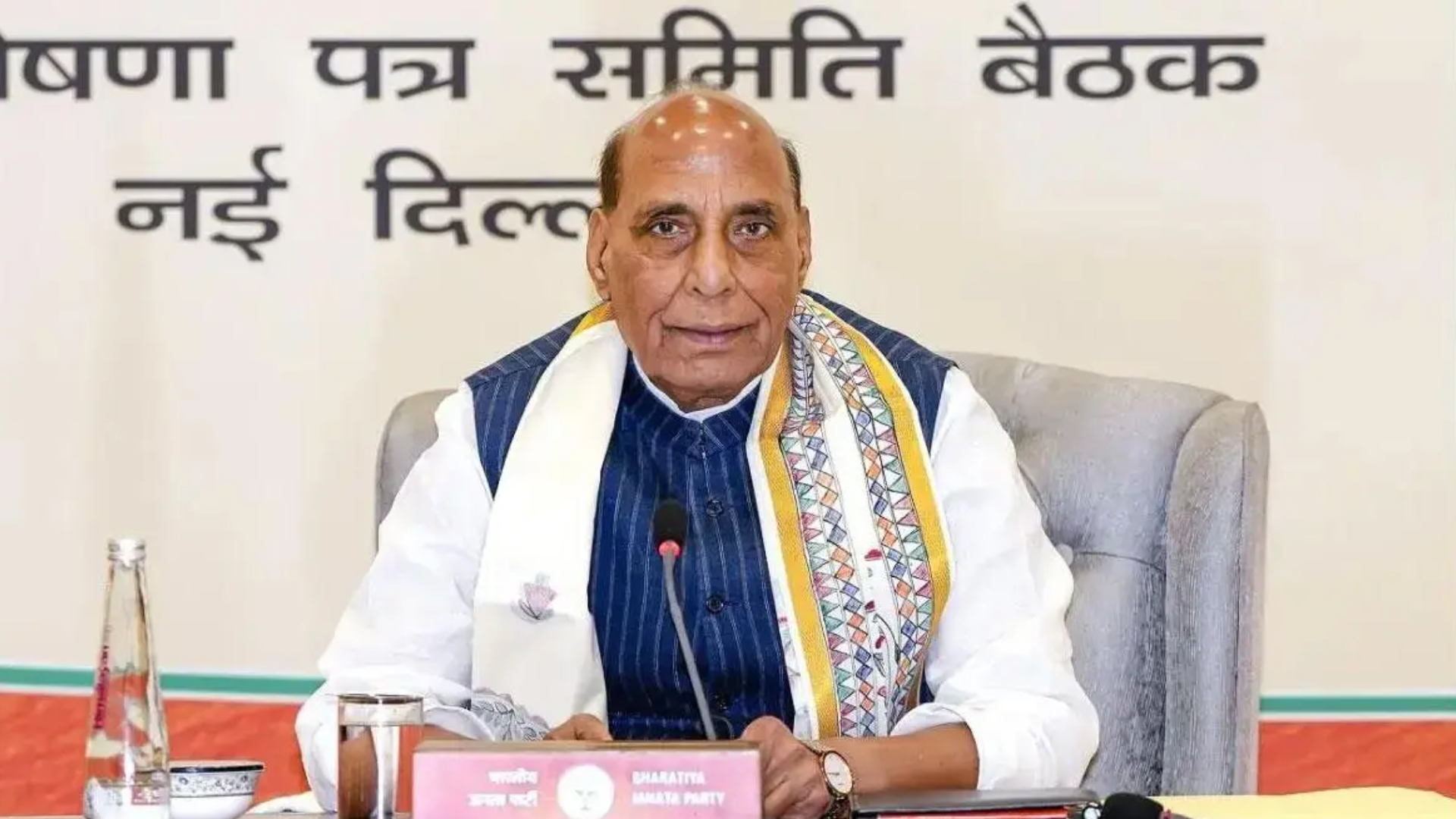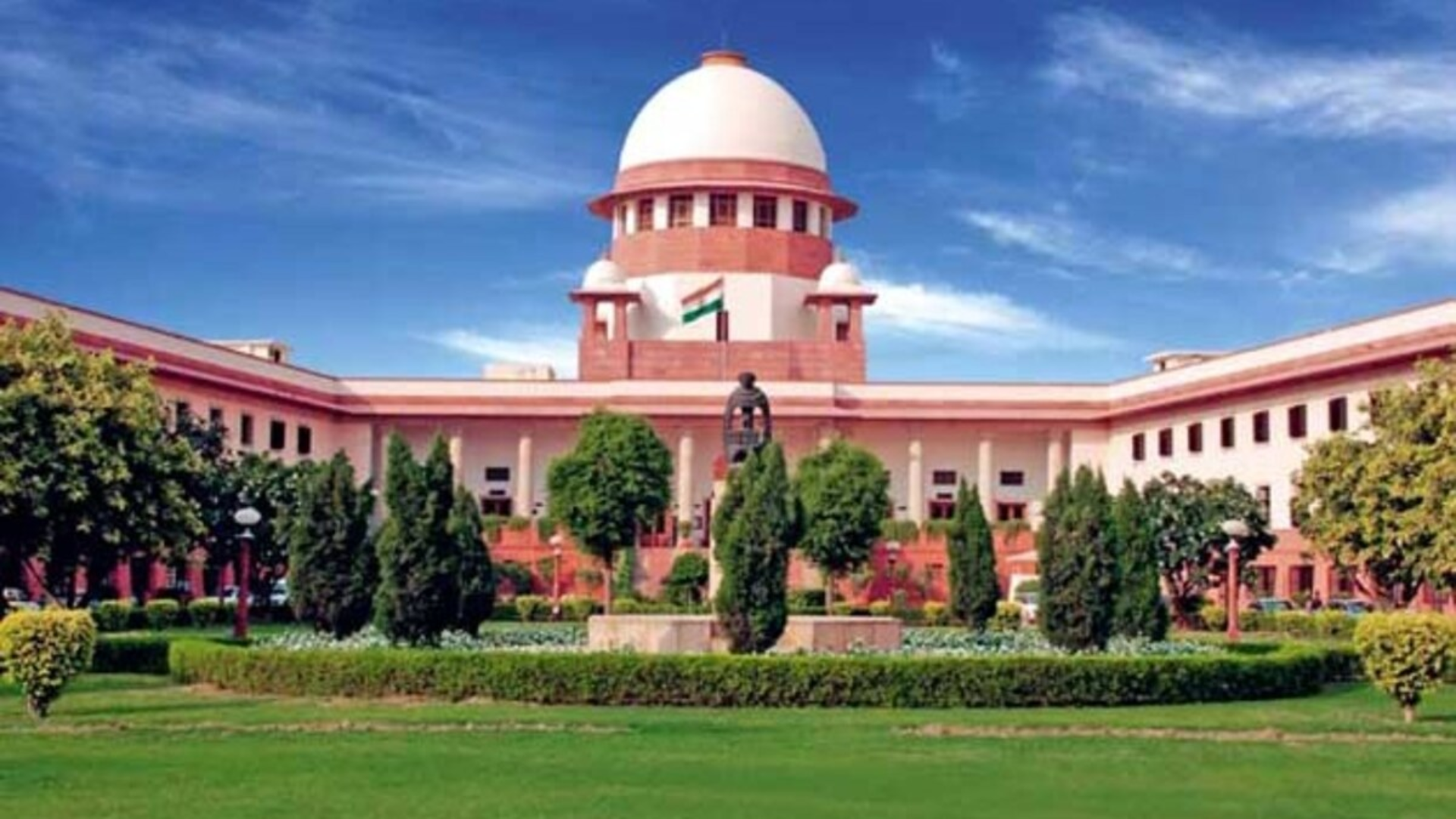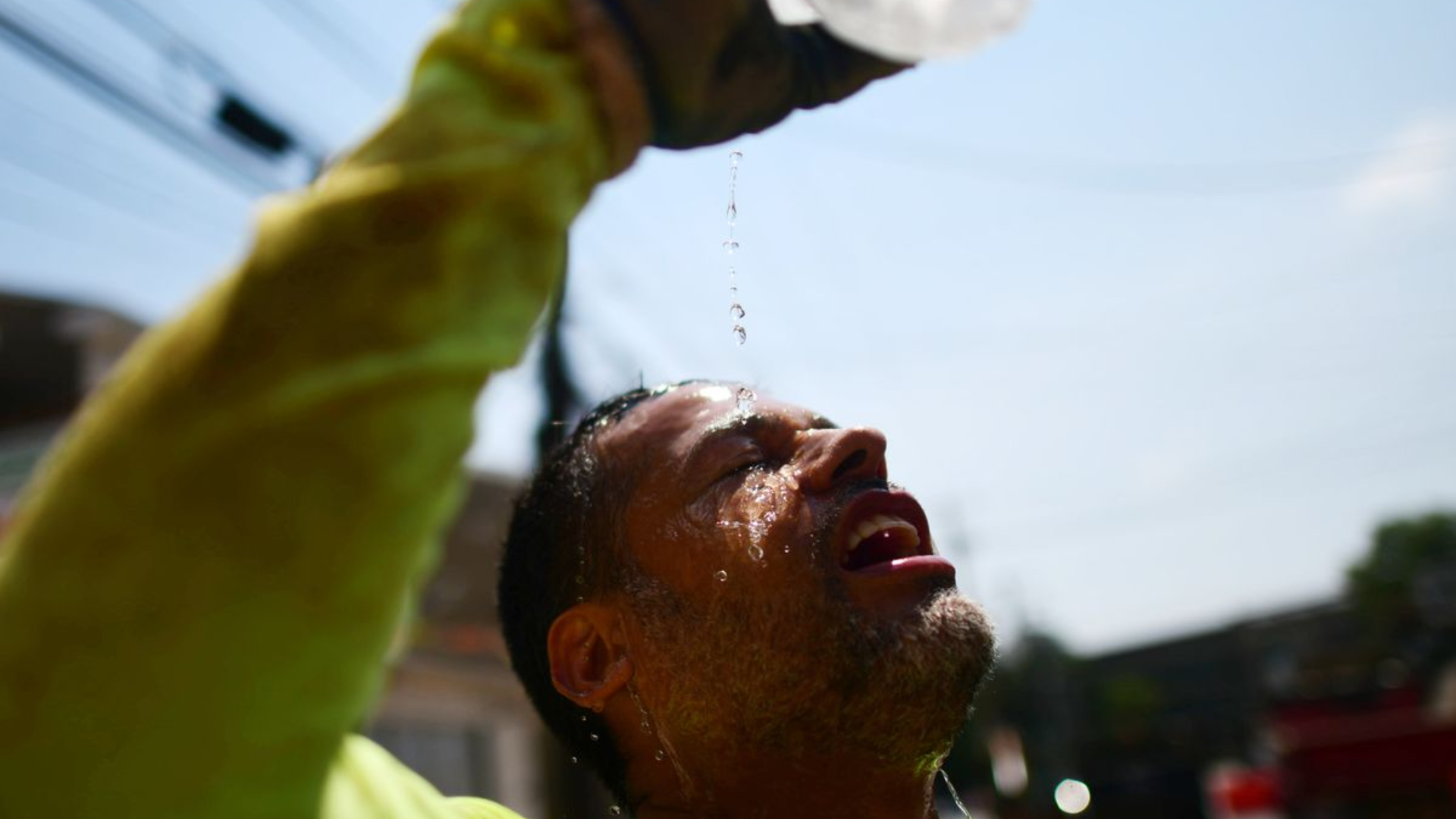



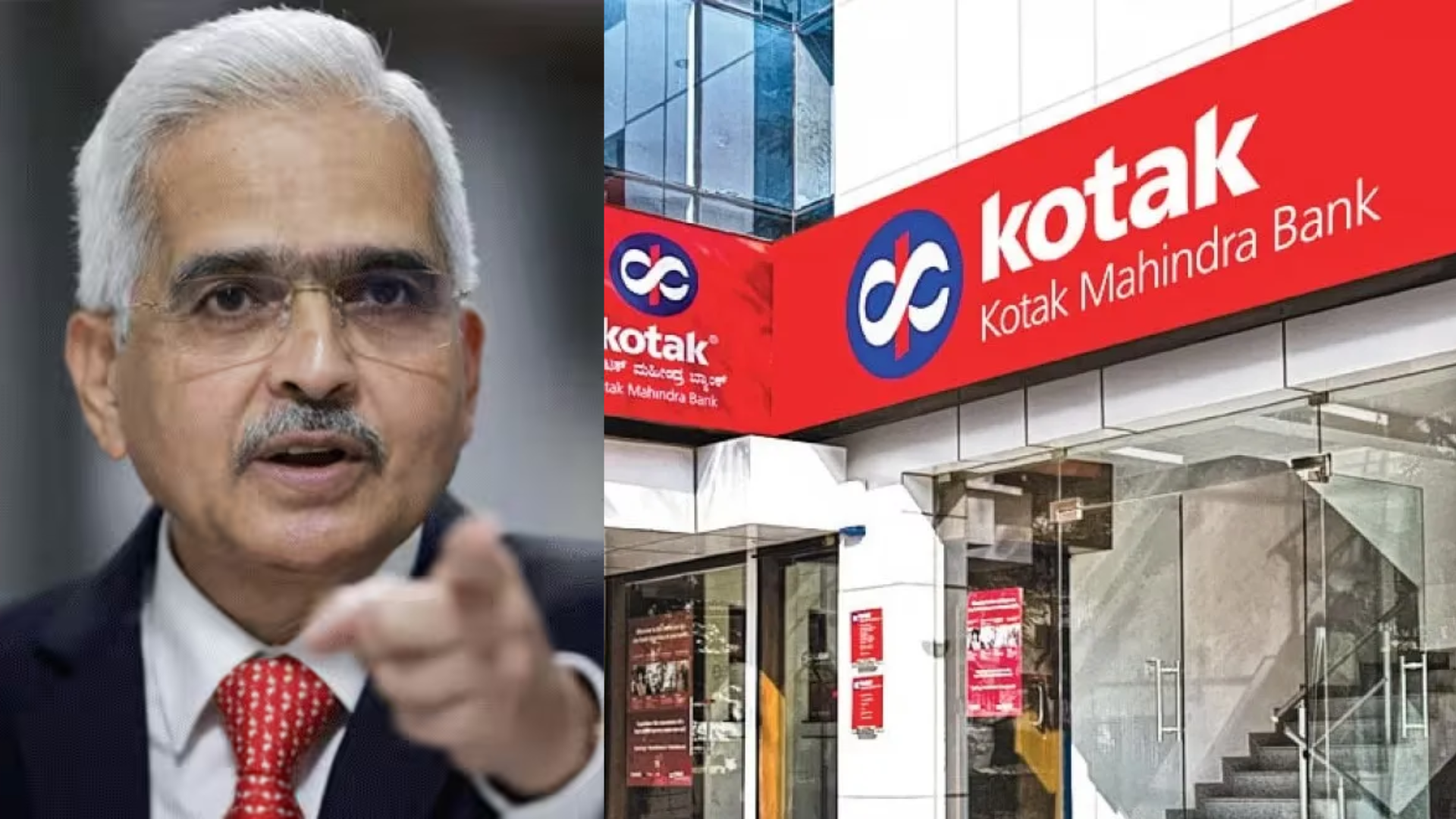
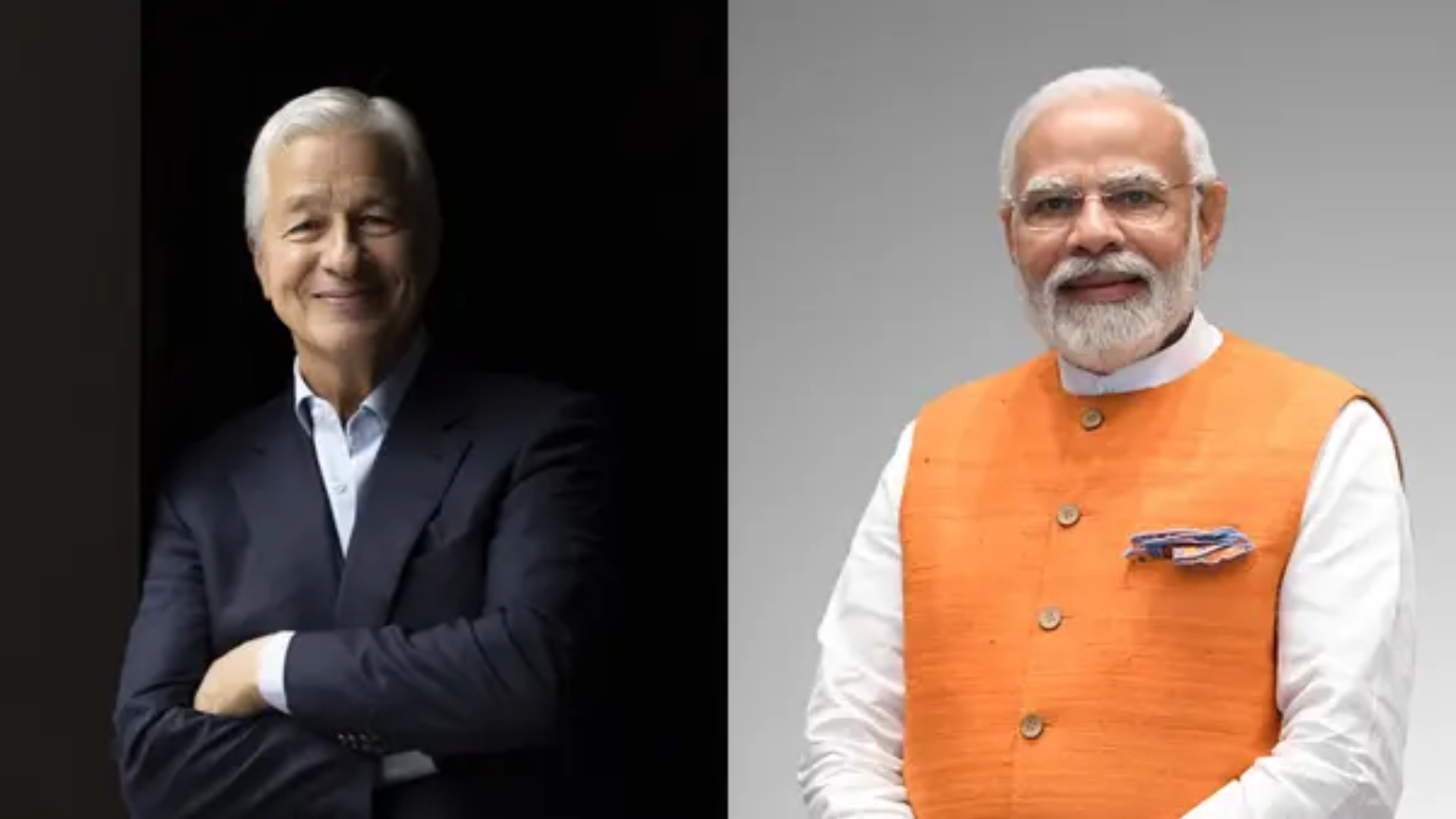
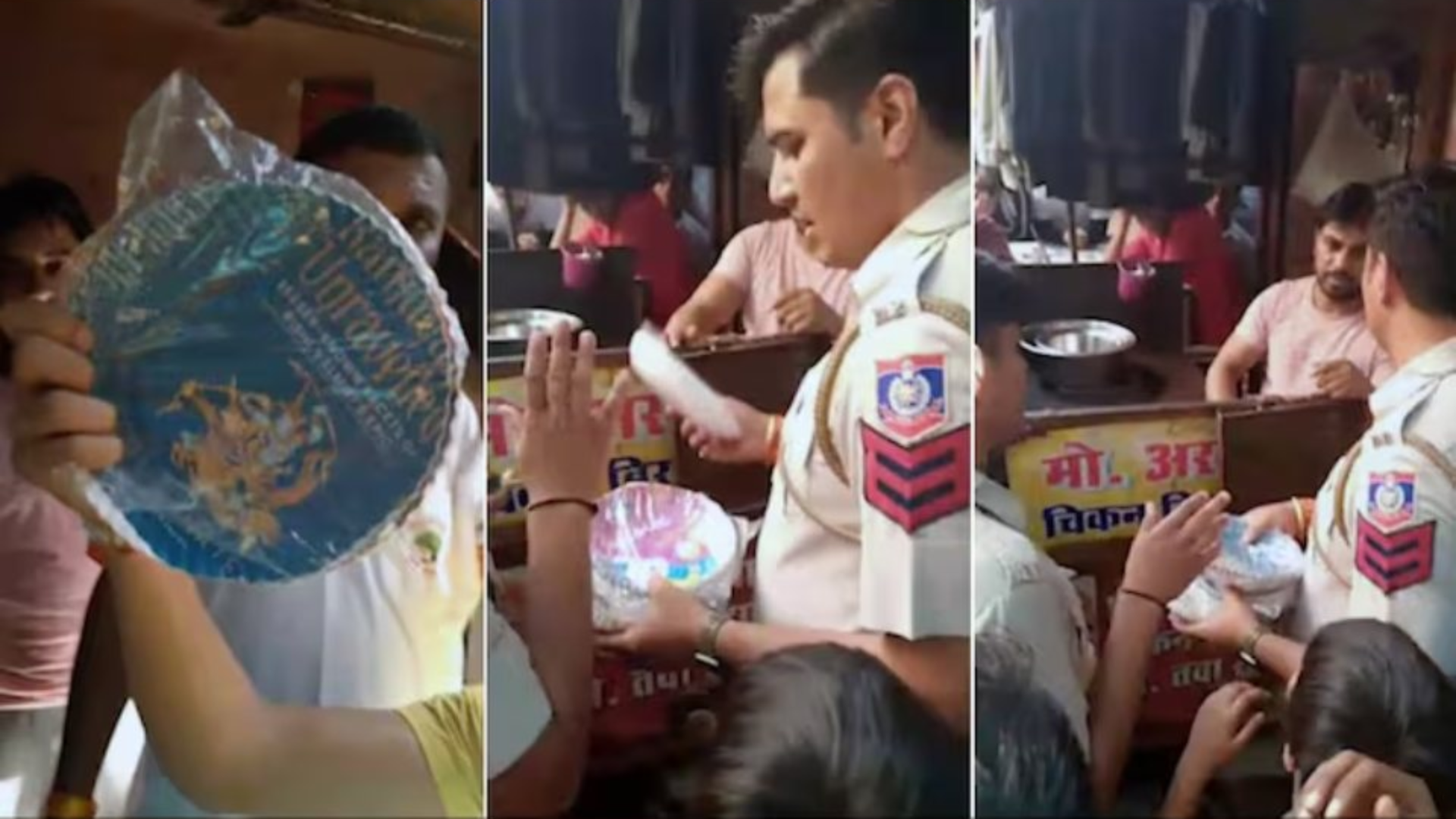
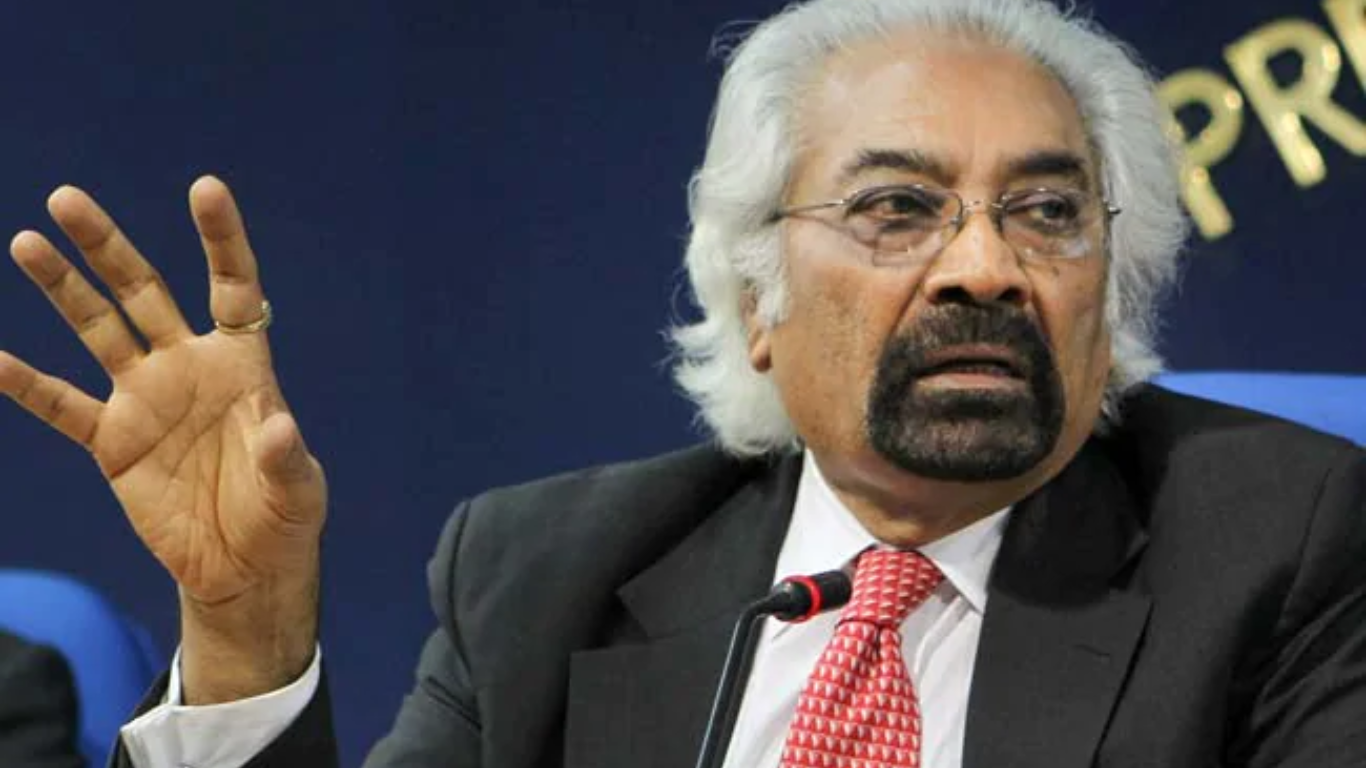

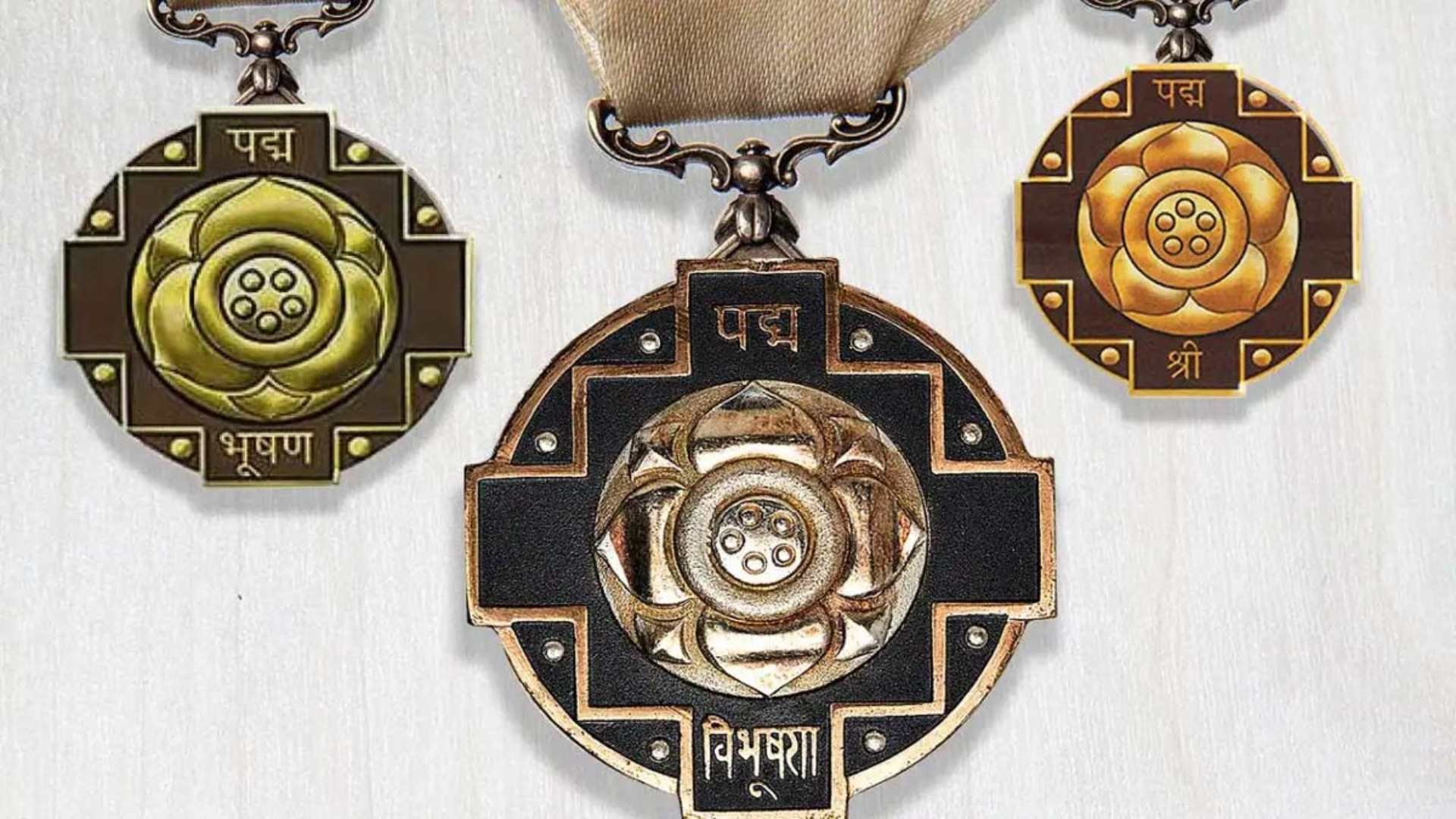
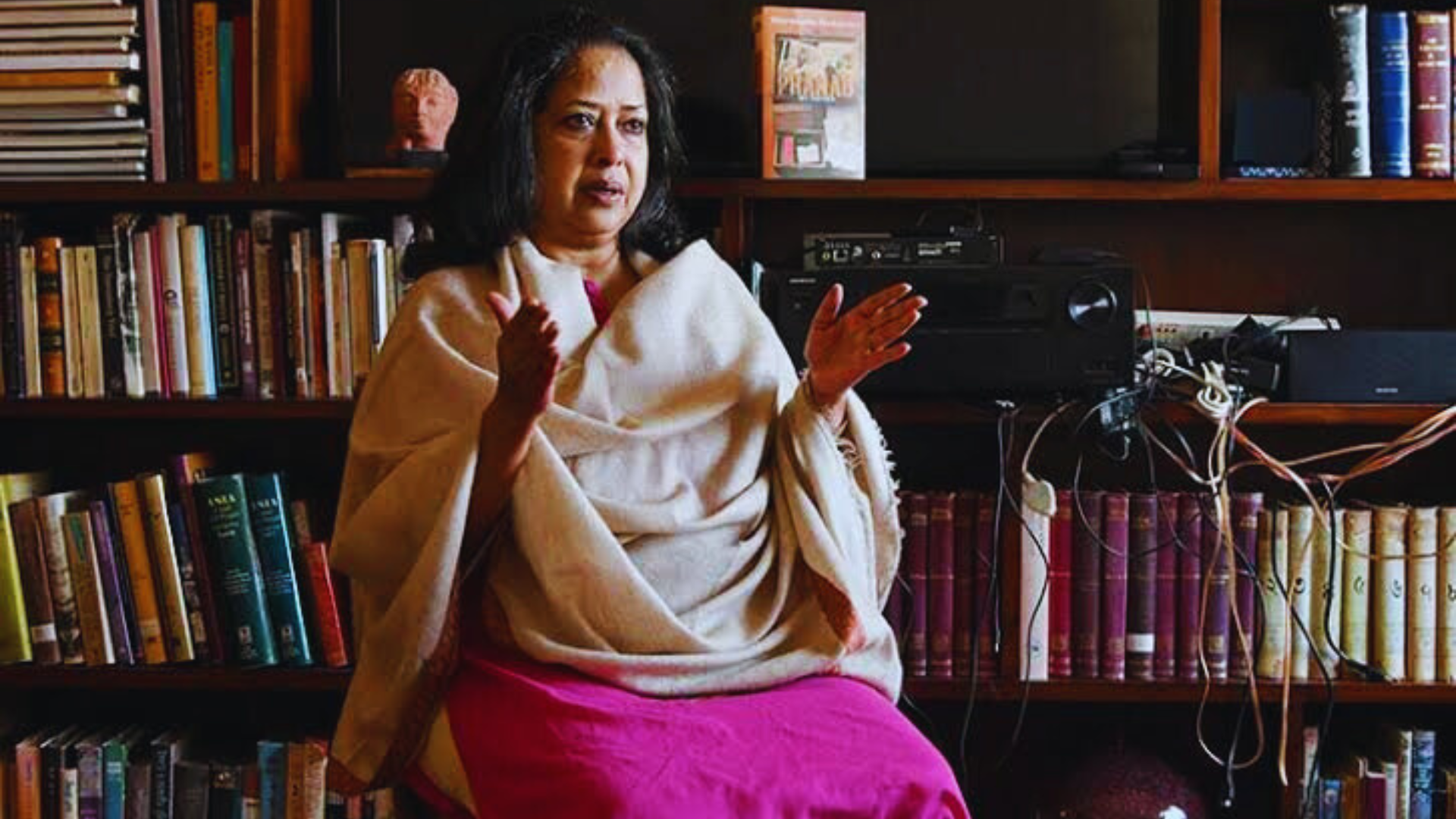
The recent arrest of Delhi Chief Minister Arvind Kejriwal in connection with the Delhi excise policy case has stirred significant commentary, including from Sharmistha Mukherjee, daughter of former President Pranab Mukherjee. In a pointed response, Mukherjee accused Kejriwal and the Anna Hazare group of levelling “irresponsible, baseless allegations” against then Delhi Chief Minister and Congress leader Sheila Dikshit.
Mukherjee highlighted the lack of tangible evidence to support the allegations made against Dikshit, despite claims of possessing “trunk loads” of proof. She underscored the notion that those who propagate unfounded accusations are now facing repercussions, concluding her statement with the phrase “Karma catches up!” This observation hints at a sense of poetic justice, suggesting that individuals who engage in smear campaigns or falsehoods eventually face consequences for their actions.
He & Anna Hazare gang were responsible for making most irresponsible, baseless & wild allegations against Congress including Sheila Dikshit ji saying he had ‘trunk loads’ of evidence against her. No one has seen the ‘trunk’ so far. Karma catches up! #KejriwalArrested https://t.co/9W1sbFlEDo
— Sharmistha Mukherjee (@Sharmistha_GK) March 21, 2024
Furthermore, Mukherjee shared her personal experiences of facing online harassment allegedly instigated by Congress supporters due to her critical stance towards the party and its leadership. This underscores the internal turmoil within the Congress party and the challenges faced by individuals who express dissenting opinions within political circles.
Beyond reflecting on Kejriwal’s arrest, Mukherjee delved into her father’s insights regarding Rahul Gandhi’s political journey. According to Mukherjee, her father believed that Gandhi still needed to mature politically and expressed concerns about his frequent absences. This critique raises questions about the efficacy of Gandhi’s leadership and the broader strategy of the Congress party, especially considering its recent electoral setbacks.
Amidst the political storm surrounding Kejriwal’s arrest, Mukherjee’s comments shed light on the larger dynamics at play within Indian politics. The Enforcement Directorate’s actions against Kejriwal have sparked a polarized response, with AAP supporters rallying behind their leader, while leaders of the INDIA bloc extend their support. Conversely, BJP leaders have voiced their support for the ED’s actions, emphasizing the importance of upholding the rule of law.
Delhi Minister and AAP leader Atishi condemned the BJP’s alleged politicization of the Enforcement Directorate, accusing them of resorting to undemocratic means to secure electoral victories. She urged the BJP to engage in fair political competition rather than using government agencies as tools to further their political agenda. This critique highlights the ethical implications of leveraging state institutions for partisan gain and underscores the importance of maintaining the integrity of democratic processes.
In the midst of escalating tensions, Mukherjee’s comments serve as a poignant reminder of the ethical responsibilities incumbent upon political actors and the need for transparency, fairness, and accountability in the political arena. As the situation unfolds, it underscores the complexities and challenges inherent in navigating India’s vibrant yet often tumultuous political landscape.

